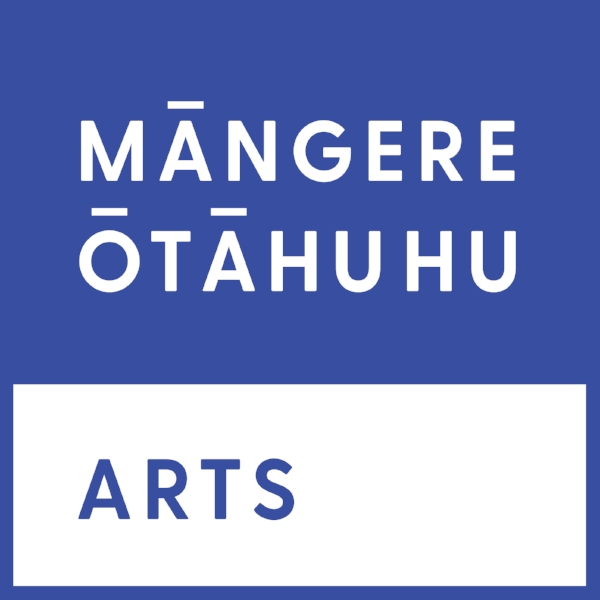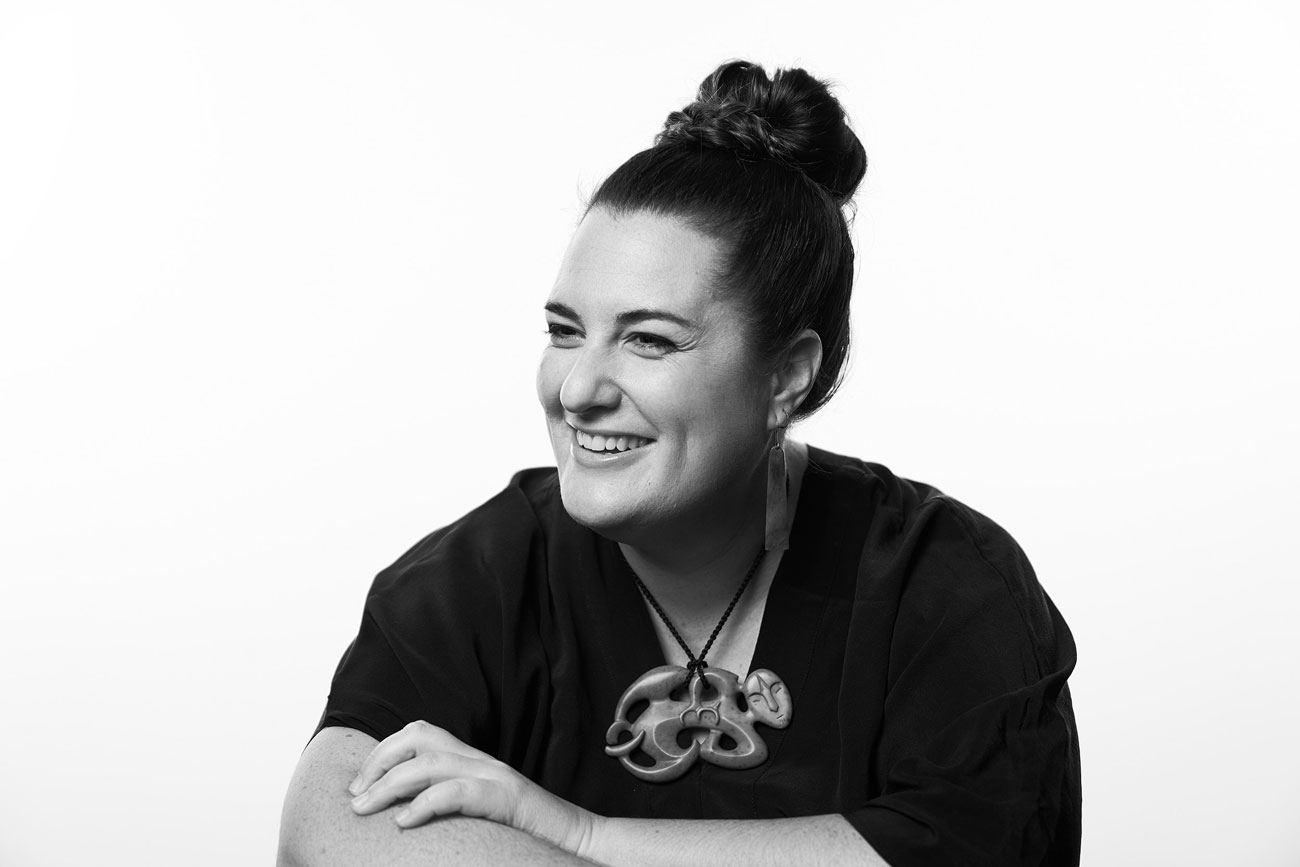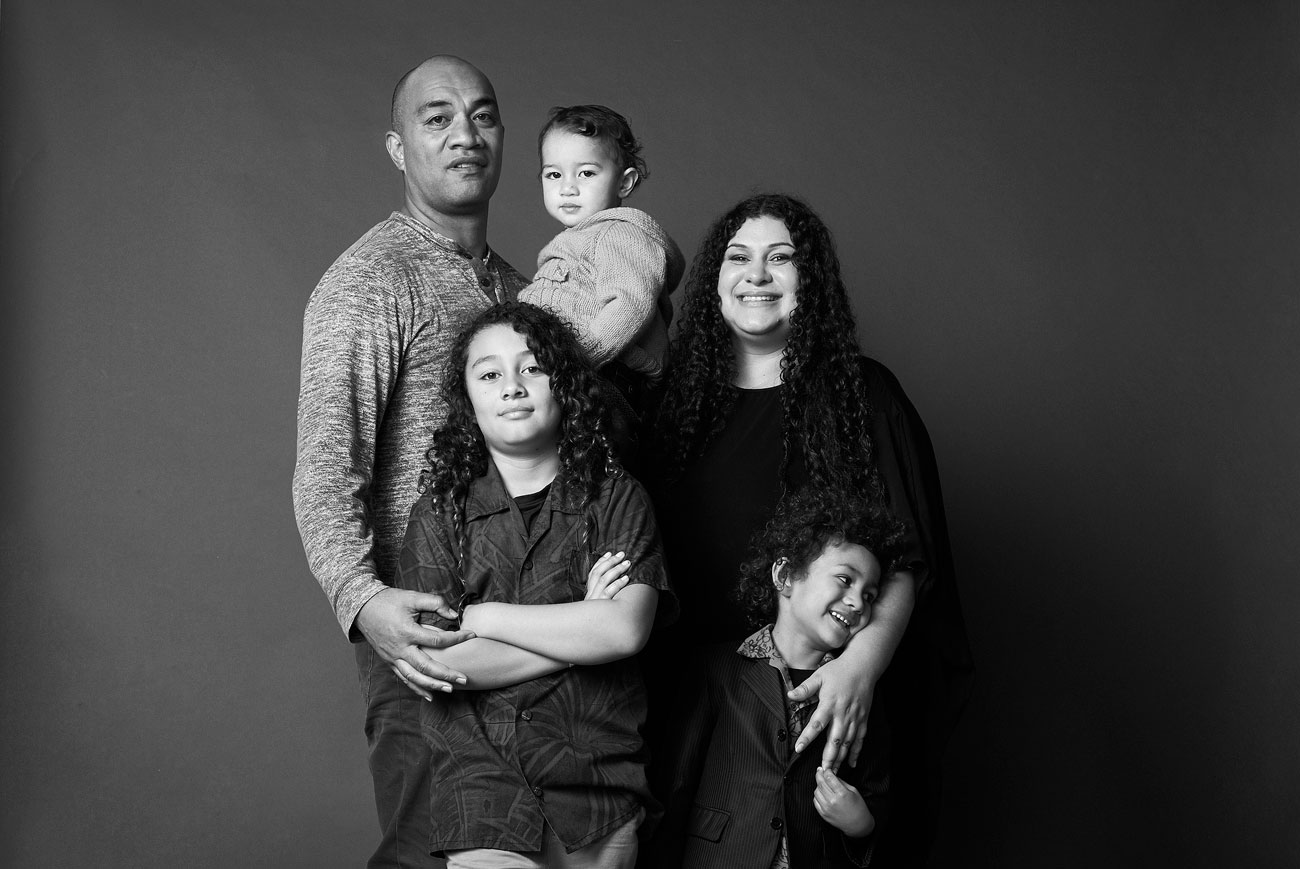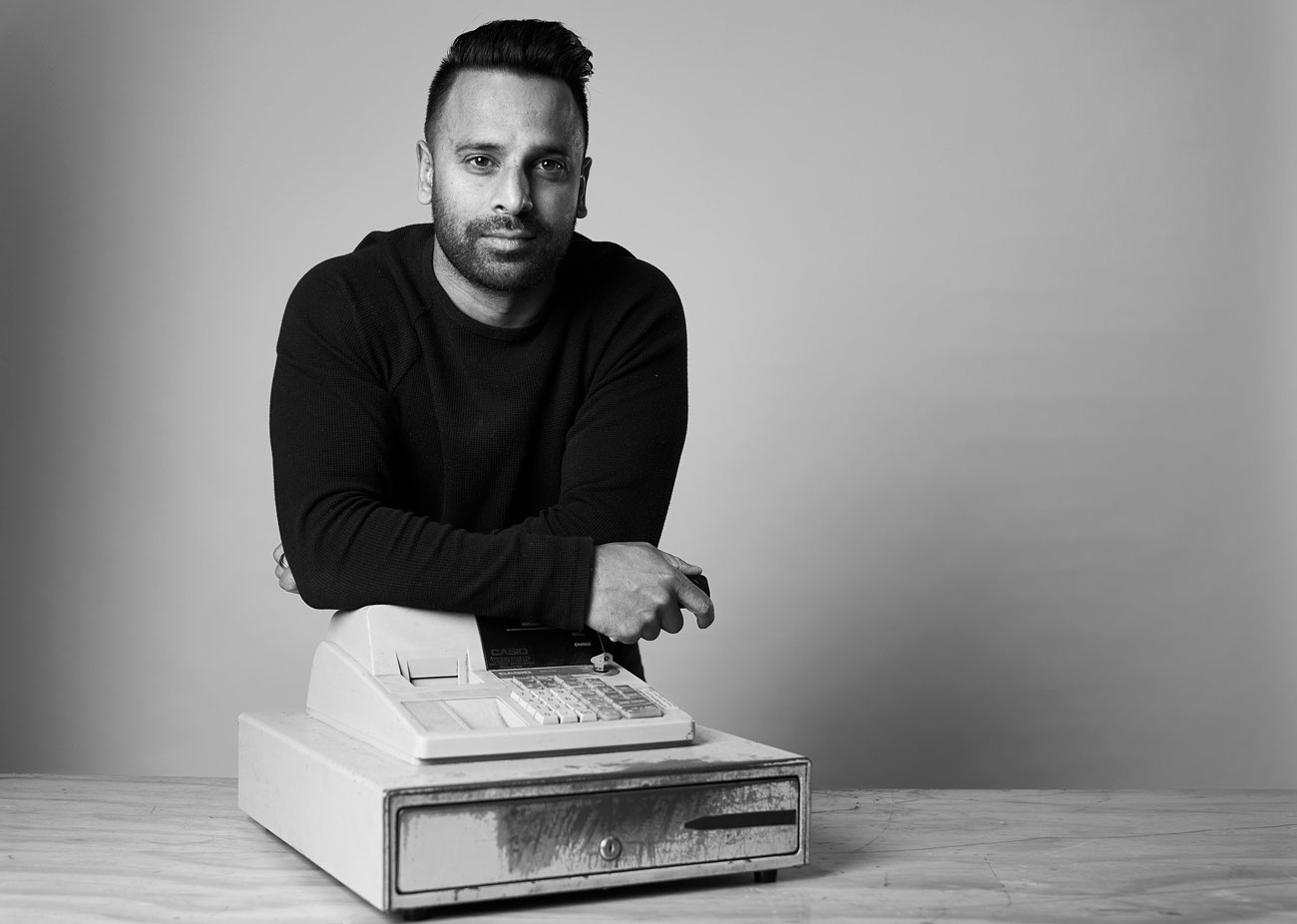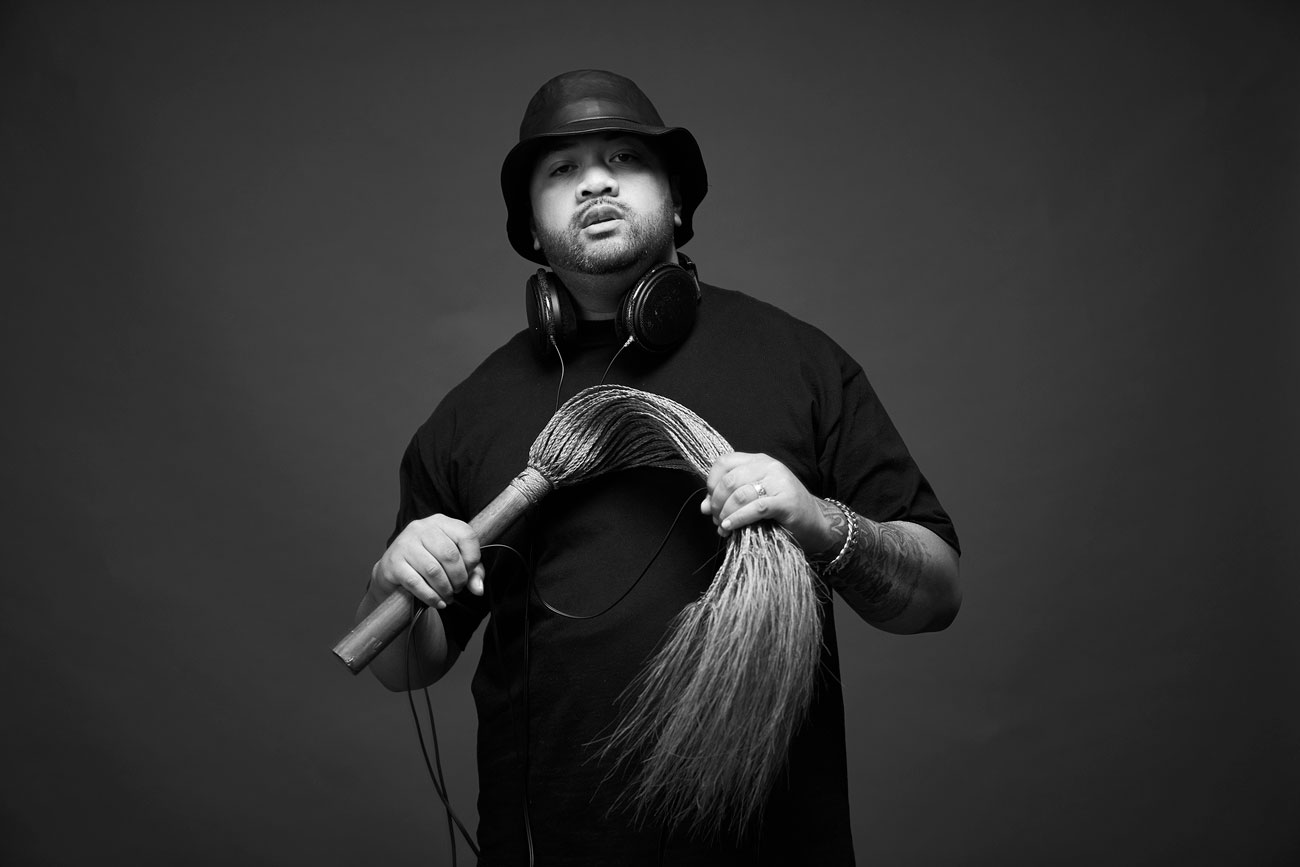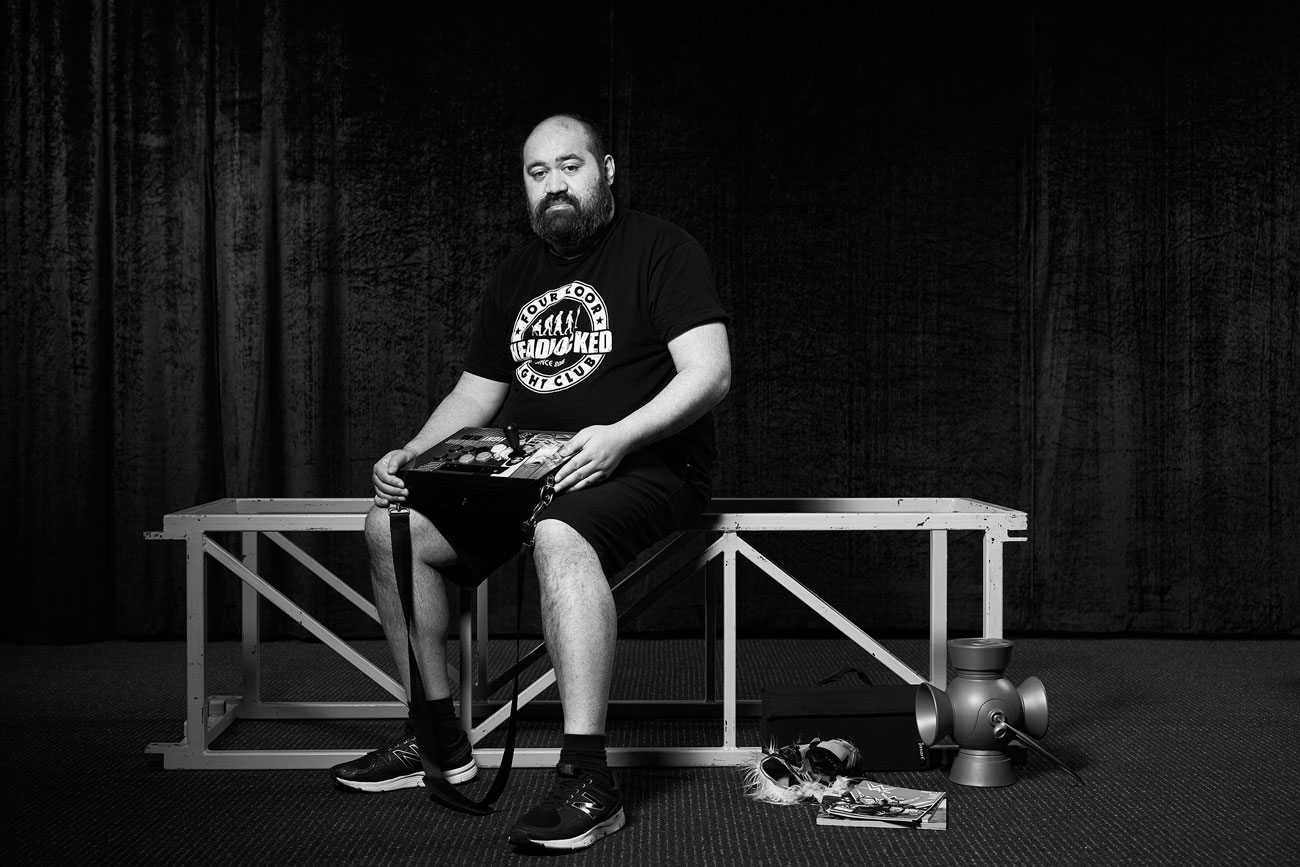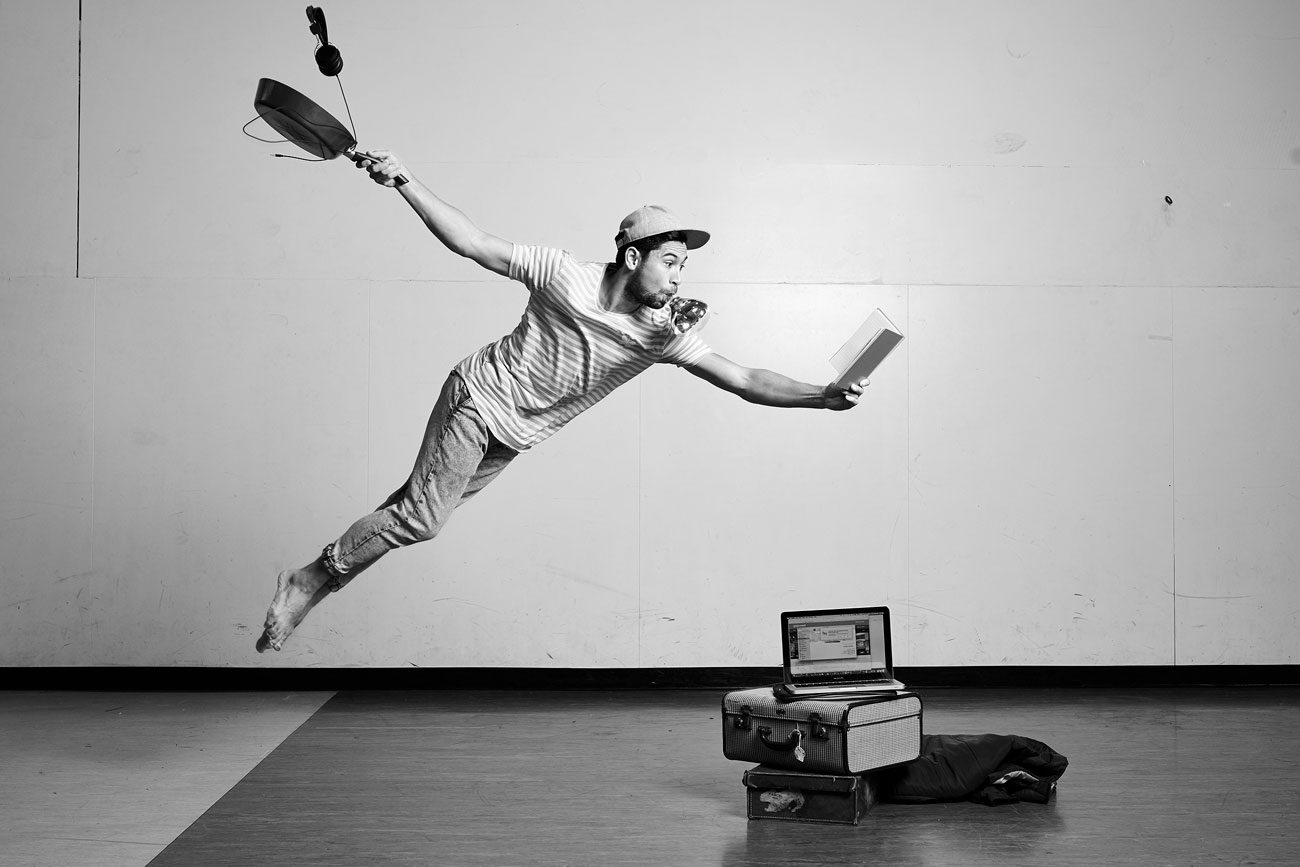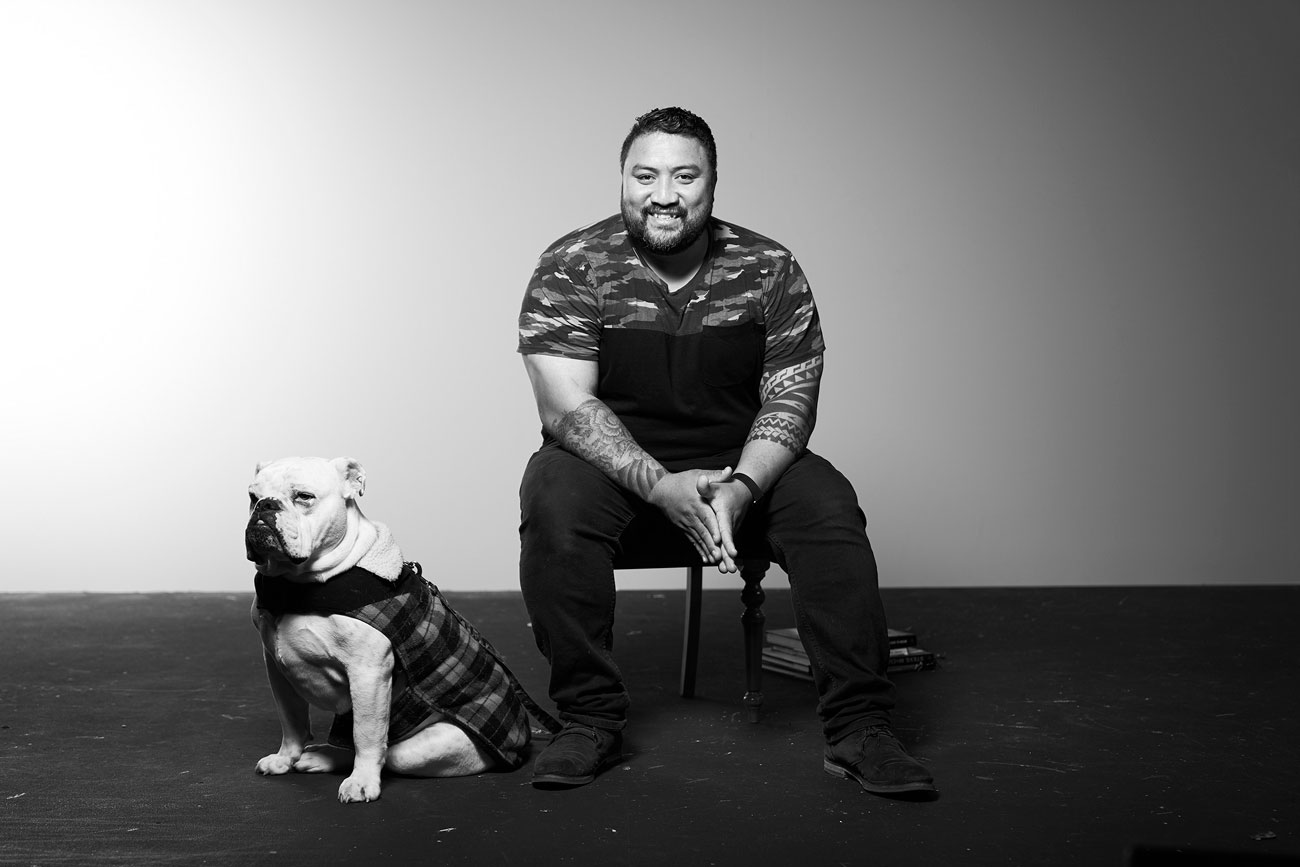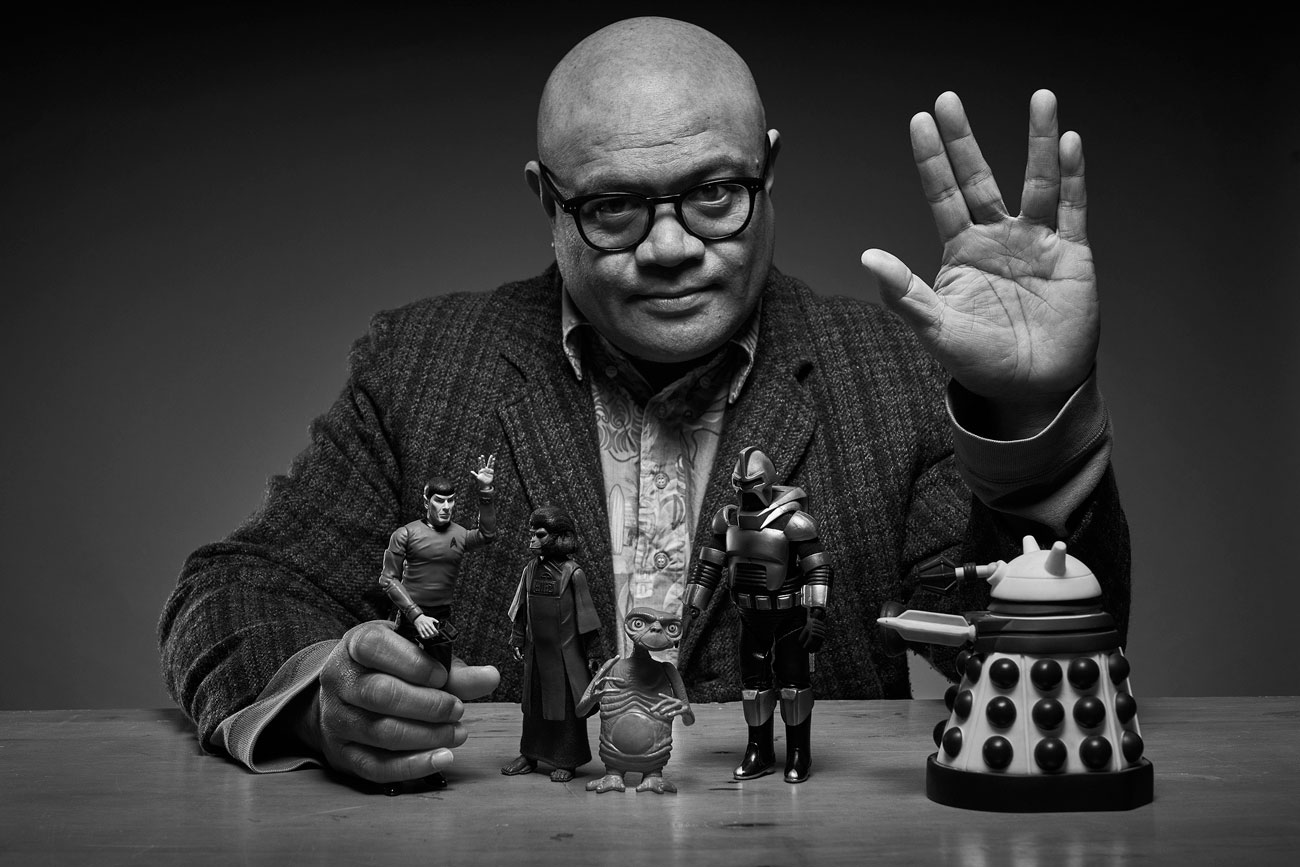"WHEN YOU'RE IN AN ENVIRONMENT WHERE THERE'S POSITIVITY, WARMTH, TALENT AND CREATIVITY, IT FEEDS YOU"
– Kolokesa Uafā Māhina-Tuai
Mapping Creative Hustle is a series of interviews with creative entrepreneurs connected to the Māngere Ōtāhuhu area. The interviewed were conducted by Ema Tavola with portrait photography by Vinesh Kumaran.
In your own words, what do you do for a living?
I work as an independent curator, advisor and writer. Currently I’m trying to write two books, but as a result of the work I’ve done in the past, I’m also currently doing some work for Auckland Art Gallery Toi o Tāmaki, as an independent research advisor.
So, my work generally involves me advising, or reviewing something, and sharing my knowledge and experience from what I’ve done in my curatorial career to date.
Why do you do what you do?
I enjoy what I do, and I think in reflecting back on the path I’m on now, I’ve always just pursued what I’ve been interested in, and what feeds me, my passion and interests. Even though I write and have been published, saying that I’m a writer feels odd, but it is one of the things that I do. I know people whose writing just flows, and I love reading what they write. I think for me, it’s a craft that I work at, and I have to work at it, but it takes me ages. It’s not something that I can just easily pick up and do, I’m constantly refining and having to work hard at it, but that’s why it’s so rewarding. The main thing that drives the writing side of things, is that it gets our voices out there; it’s empowering. And that’s why I do it!
Have you had an epiphany that has led you to this path in life?
I think so, in the sense that it took a lot of thinking and conversations with people, that led to my decision to leave my curatorial role at Tāmaki Paenga Hira Auckland War Memorial Museum. I was on contract for four years and I’d never not finished anything, so that’s what had kept me going. But when you’ve worked for over a year on one project and you felt you made limited impact…you have to weigh things up. I laid out everything that I was working on, and what excited me the most was the book projects, yet they were getting the least amount of my time and energy.
But then the fighter in me thinks, ‘you need to be in those spaces’, especially when there’s not a lot of us in those spaces. So, you really weigh it up, it’s like there’s a responsibility to stay because there’s so few of our people (indigenous women) in these spaces. What was really amazing is when it dawned on me, and I made the decision, it just felt so right.
I was ready to let it go, and it had a lot to do with how much it wore me out physically, mentally and spiritually. I don’t know if that’s an epiphany but it’s everything saying, ‘hey, this is not right’, and talking with people with the same experiences, and it really makes you reflect deeply, and it helps when you’ve got a supportive family, and you know financially you’ll be OK.
I think it’s also knowing that I’m in a position where what I have to give, and the knowledge and skillset that I have, means people will find me, and I can actually work as an independent. I know there will be work if I really look for it, or if I want it. I think you get to that point where you think, I have a lot to give to people, if this place doesn’t want it, I need to just leave and focus on what will make a wider impact, of which these books will.
So, I don’t know if that’s an epiphany, but you come to a point where you’re at a crossroad, and when you make that decision, it just feels like a huge weight lifted, like you’re going in the right direction.
If there was one thing you could outsource to help you do more, or be more effective, what would it be?
I’m not very good with this IRD stuff! That’s one thing that does my head in. The whole tax thing, it freaks me out! And when you’re in a full-time job, it’s done for you and now, I’ve got to get on top it. I know what I need is just really good advice.
What is something you wish you could do/find locally that would support you as a creative entrepreneur?
I think if you had someone that was available locally, where you could just go and get entrepreneurial and business advice, I think that would be so helpful, and useful. Like, if I just rocked up to Ōtāhuhu Library where they have the CAB, that person might run a clinic on certain days, so you know you can go and just ask those questions to this one person, or whoever can assist you. But maybe, it’s not only somewhere that can offer those services, but somewhere you can talk to other creative entrepreneurs too.
A hub… it’s valuable when you’re there with another entrepreneur, to share your experiences.
What do you wish you could change in societal attitudes that would enable you and other creative entrepreneurs to thrive?
I think that there needs to be more knowledge and understanding, appreciation and value, of our own Indigenous knowledge systems. It really does my head in when we have foreign terms imposed on our arts and artists such as you are ‘contemporary’ and you are ‘traditional’ even though both artists are creating works in the here and now. These terminologies create unnecessary hierarchies and unnatural boxing in of artists and their arts practices that naturally work in a continuum and therefore needs to be understood and expressed in that way.
So there needs to be a huge mind shift so as to privilege our terms, our perspectives and our worldviews. This is what excited me about the two book projects that I left my full-time curatorial role to work on. One book is looking at what Tongan art is from a Tongan worldview. And this totally flips the current categorisation and classification of Tongan arts.
The other book is taking a cross-cultural approach to what ‘craft’ is. And this book is taking a bold stance on doing away with the term ‘Pacific’ and opting for a more appropriate term by using ‘Moana Oceania’. We are also doing away with other imposed classification of Moana Oceania into ‘Micronesia, Melanesia and Polynesia’.
My work on the two books were valuable in informing the work I am doing at the Auckland Art Gallery Toi o Tāmaki where we now have one of the exhibitions using the terminology in its title Seeing Moana Oceania and this is exciting! In order to genuinely change mindsets means finally taking such problematic terms out of usage and out of our vocabulary and instead introduce our own Indigenous terms and making.
What do you love about living and working in the Māngere-Ōtāhuhu area?
I’m blown away by the talent that is within our community, the natural talent, and the generosity of our peoples. There’s richness in the environment that I’m surrounded with, living in Ōtāhuhu, and it’s an environment that feeds me culturally and creatively. It is a dynamic environment similar to what I’ve always grown up in, where you have your culture living and thriving. It keeps me grounded. So, I love it here.
I grew up in Mt Eden, and my family still live there. But after living in Ōtāhuhu for nearly ten years, I can see and feel the change and shift between the two communities within these two suburbs, the bigger Auckland expands. It’s so different in Central.
Would your work or practice be different if you lived somewhere else?
I think no, because I have had such a strong foundation and that’s what really set me up before moving here; I’ve been in Ōtāhuhu since 2008. I do have a lot of my family who live in South Auckland, but most of my life had been based in central Auckland.
So, no – I don’t think it would be different because I’ve had that foundation, that appreciation, and value, and I’m surrounded by it in the things that I do, the cultural context, so I don’t think my practice would be different. But when you’re in an environment where there’s positivity, warmth, talent and creativity, it feeds you, it helps… and it’s exciting… it’s indescribable, there’s just something about Southside!
I think in terms of my practice, I’m at a point where I don’t think it would affect it if I was to live elsewhere in Auckland, but it might be different if I were to be based outside of Auckland.
What inspires you to keep going when the going gets tough?
It’s because I love what I do, and I’m a true believer in that cliché that if you love what you do, it’s not work… even when you’re working 24 hours in a row! It is also a motivating factor when you see that your work is making an impact in the sector and is genuinely meaningful to the communities that you are part of. So that’s what keeps me going when the going gets tough. But for me, the going gets tough when I don’t manage my time, and take on too much; I just have to self-manage and learn to say no to things.
